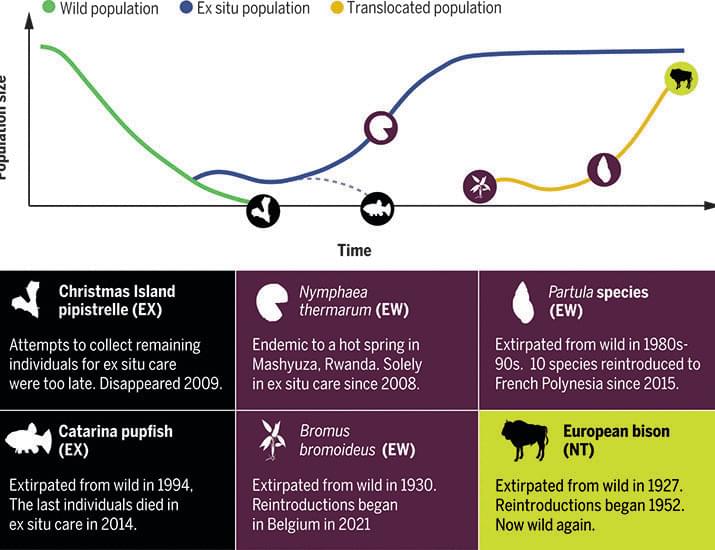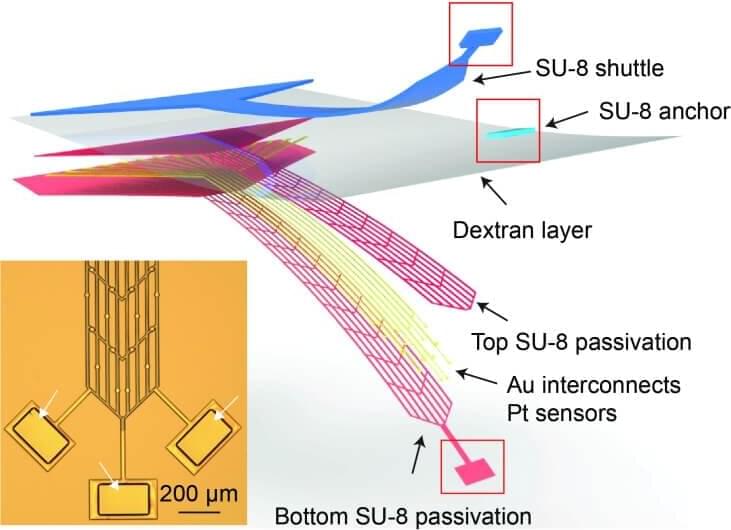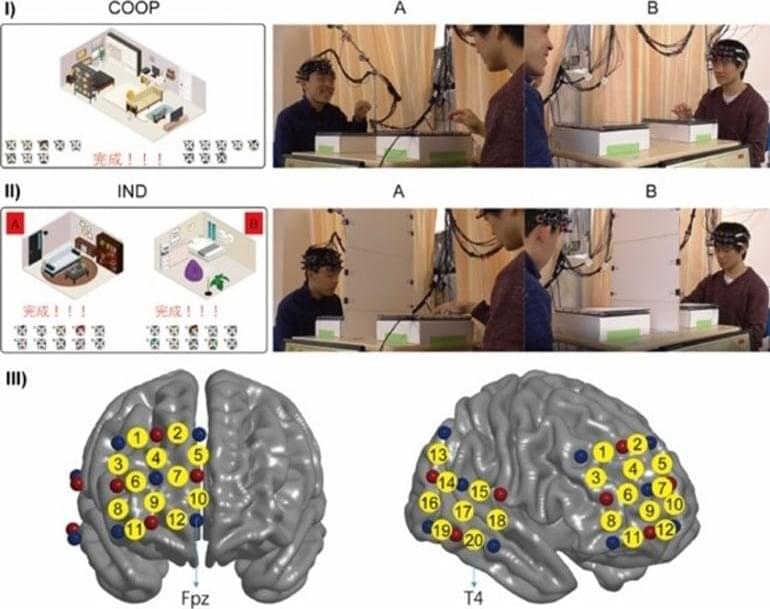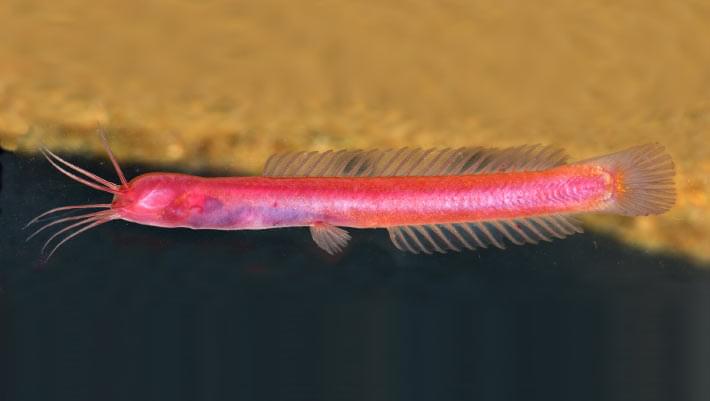Feb 24, 2023
Meta unveils a new large language model that can run on a single GPU
Posted by Dan Kummer in categories: mobile phones, robotics/AI
On Friday, Meta announced a new AI-powered large language model (LLM) called LLaMA-13B that it claims can outperform OpenAI’s GPT-3 model despite being “10x smaller.” Smaller-sized AI models could lead to running ChatGPT-style language assistants locally on devices such as PCs and smartphones. It’s part of a new family of language models called “Large Language Model Meta AI,” or LLAMA for short.
“Unlike Chinchilla, PaLM, or GPT-3, we only use datasets publicly available, making our work compatible with open-sourcing and reproducible, while most existing models rely on data which is either not publicly available or undocumented,” tweeted project member Guillaume Lample.


















